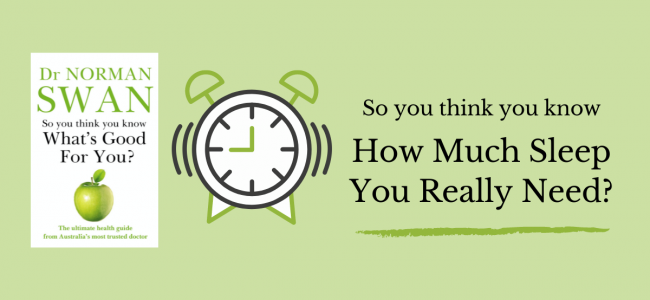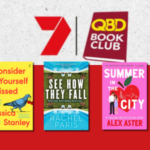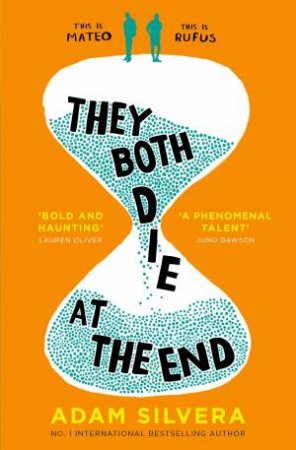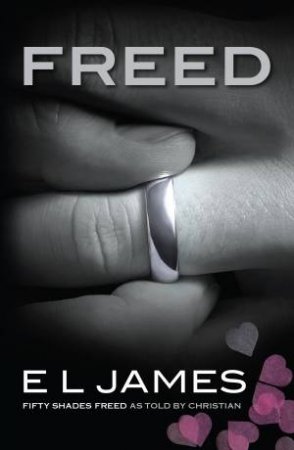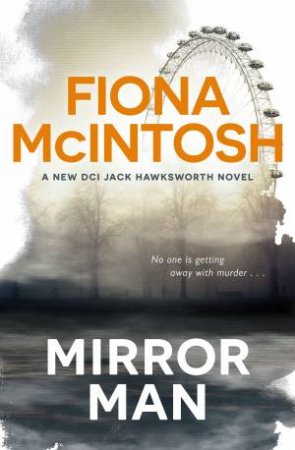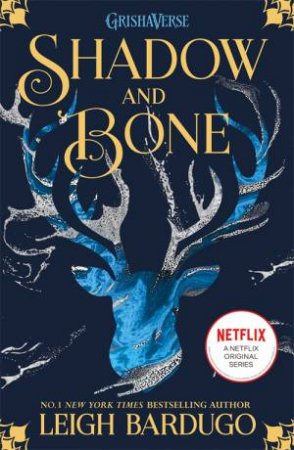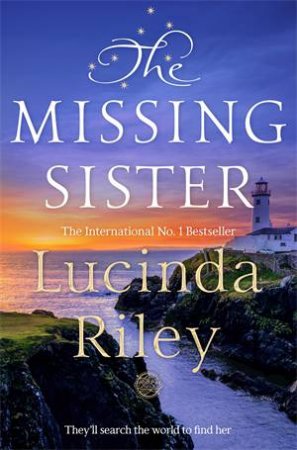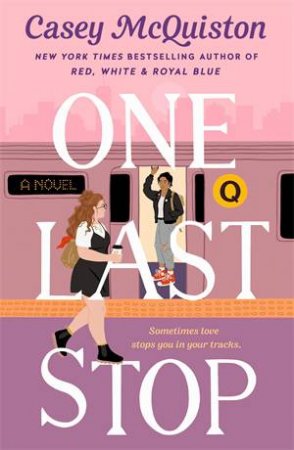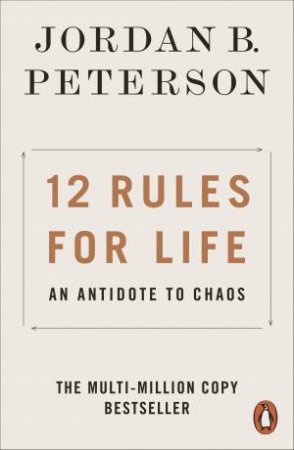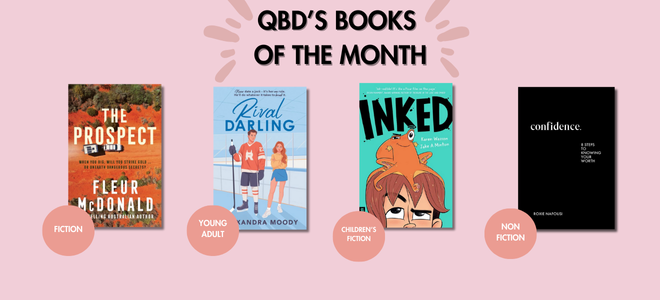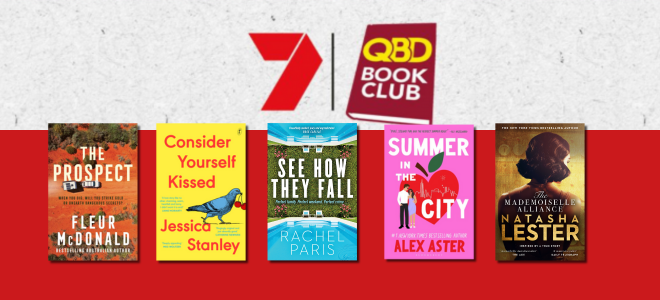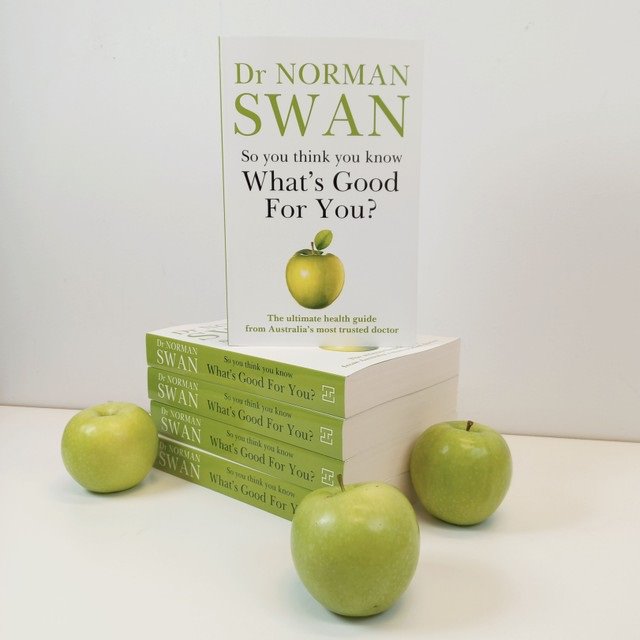
Do you have sleep-iety? Dr Norman Swan fact-checks your knowledge on all things slumber.
Dr Norman Swan is one of our leading health physicians and a much-respected broadcaster. He is also not the biggest sleeper which, contrary to common knowledge, isn’t necessarily as detrimental as you might think.
In his new book So You Think You Know What’s Good for You? Norman replaces medical myths, half-truths, and misconceptions with the information you need to make better decisions about how to eat, sleep and how to live.
Sleep-iety (that’s sleep-anxiety, for the uninitiated) is one of the leading health and wellbeing concerns these days. But before you drop some serious dollars on silk pillowcases or lavender oil, check your knowledge on all things slumber-related with Dr Norman Swan.
Sleep deprivation can be massively detrimental
Sleep deprivation is not simply the experience of being a little weary on a Monday morning at the office. Significant sleep deprivation is directly linked to increased deaths and accident rates (on the roads and in workplaces). In fact, it is thought that the degree of impairment for someone who has not slept for 17 hours is equivalent to having 3 or 4 drinks. It is vital to understand the difference between being dragged down by lack of sleep rather than just feeling a bit sleepy. But sleep deprivation is very different from insomnia, which is a personal concern that we’re not sleeping enough.
Is 8 hours the magic number?
Not quite. We do not all need to sleep eight hours a night. You’ve just got to sleep long enough to meet your needs. While seven to nine hours seems to be the quoted range for a healthy night’s sleep, there’s significant individual variation to debunk the magic number 8.
How long we need to sleep is determined by two factors: our circadian rhythm, which is essentially an internal clock in our brain that responds to light. At nighttime, production of the hormone melatonin increases, which sends signals to our brain to feel tired. Our circadian rhythms intersect with our ‘chronotype’, which means the times of day we prefer to be active or like to rest. Our chronotype determines if we are night-owls or morning people. It can also influence our diet – for example, night-owls have a habit of skipping breakfast and don’t eat as much fruit as morning people.
Napping works
While Norman Swan is admittedly not the best sleeper, he is a dedicated fan of a good nap. Naps are restorative and can really make a difference in helping us power through a tricky day. Experts recommend that for a quick hit of energy, a 20-minute power nap will suffice. To process memories or retain information, 45 minutes is suitable. For a restful sleep, a 90-minute nap is recommended.
Resist the temptation of a duvet day
Stimulus control is the mental association between sleep and your bed. To maintain this, only go to bed when tired and avoid using your bed as the space to work, watch movies or chat on the phone. Your bed should be where you sleep (or have sex, then sleep). But there’s more than stimulus control and in the book, Norman describes ways of getting an unbroken night’s sleep, which is really what we need.
Age matters
Broadly speaking, we need less sleep as we grow older. Newborns and small children need a lot of sleep. Similarly, the sleep patterns of teenagers also diverge from the sleep patterns of adults. Canadian researchers found that teenagers have shown the greatest rate of decline in sleep over recent decades, especially on school days. This is commonly attributed to the increased use of technology – have you ever tried getting your teen to part with their smartphone? However, adolescents’ circadian rhythms are set differently from adults. Their highest melatonin levels occur an hour or two later than adults, which means melatonin is still higher in the morning so they have difficulty in getting up early. There is science behind their sleep-in.

